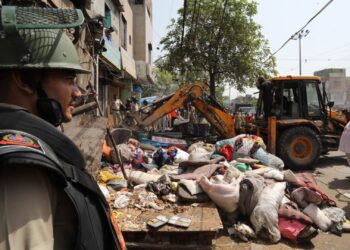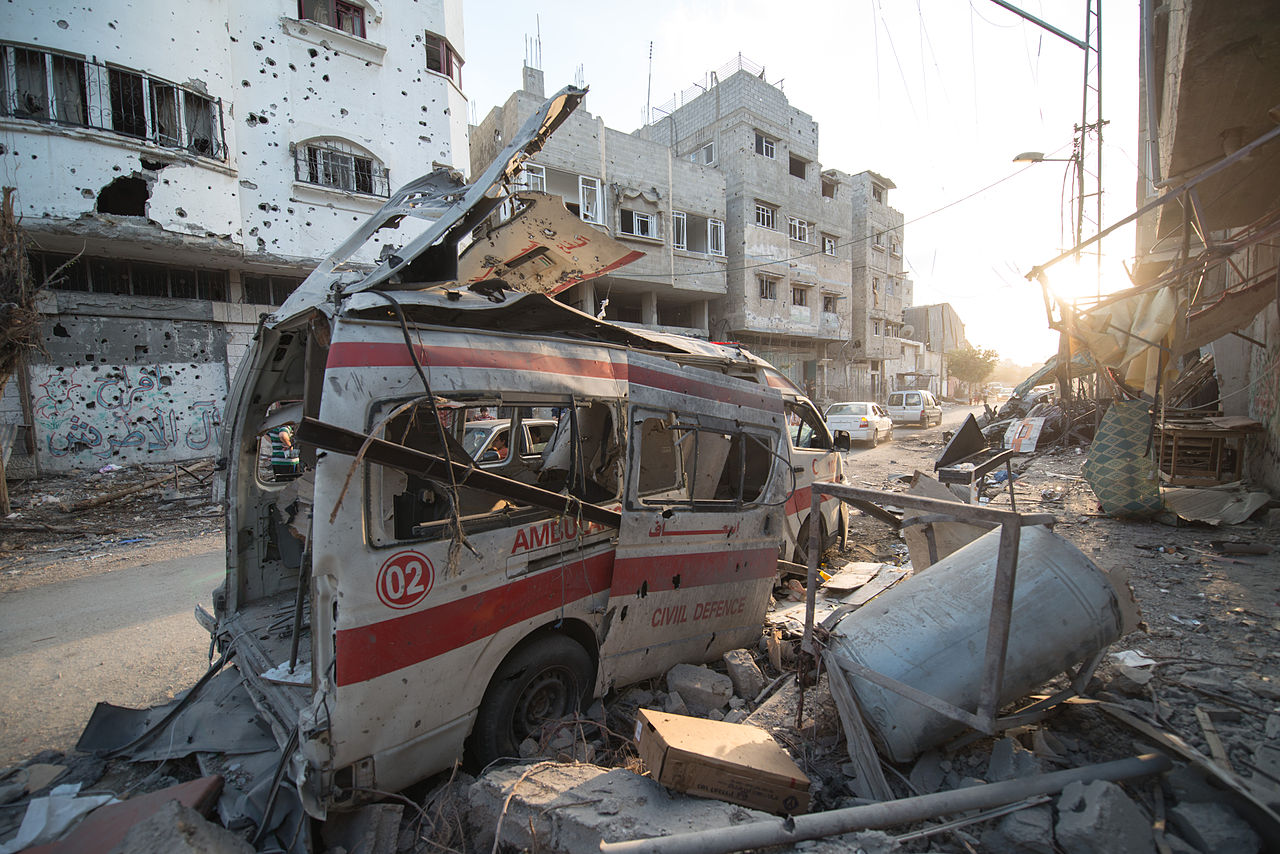Human Lives Human Rights: The West Bengal state government has recently enacted the Aprajita Woman and Child (West Bengal Criminal Laws Amendment) Bill, which introduces the death penalty for rape cases that result in the victim’s death or leave them “in a vegetative state.”
While authorities are under pressure to provide justice for the horrific rape and murder of a female doctor at the RG Kar Medical College and Hospital in Kolkata this past August, human rights advocates emphasize that the death penalty is not an effective solution to combat crime and violence against women. They argue that there is no conclusive evidence to suggest that capital punishment serves as a unique deterrent against such offenses. Notably, even the Justice Verma Committee, established in 2012 to reevaluate laws and criminal justice practices concerning sexual violence, has opposed the death penalty in cases involving violence against women.
What is genuinely needed, advocates assert, is comprehensive procedural and institutional reform that addresses the root causes of crime and fosters prevention strategies. It is vital for authorities in West Bengal and across India to fully implement the recommendations put forth by the Justice Verma Committee. These include reforming police training protocols, enhancing preventative measures, and improving the processes for reporting and investigating incidents of sexual violence. By taking these essential steps, India can work toward becoming a safer environment for all, particularly for women.
The demand for justice continues to grow following the rape and murder of the young doctor on August 9, which ignited widespread protests throughout the country. The Kolkata High Court, recognizing the lack of significant investigation progress, transferred the case from local police to the Central Bureau of Investigation (CBI) on August 13, citing concerns about potential evidence destruction and serious lapses in the hospital administration’s response.
On September 3, in response to growing public outrage, the West Bengal government passed the Aprajita Woman and Child Bill, which modifies existing laws to impose stricter penalties for various rape offenses in the state.
Human rights organizations universally oppose the death penalty in all circumstances, arguing it to be a violation of the right to life as enshrined in the Universal Declaration of Human Rights. They contend that capital punishment constitutes the ultimate form of cruel, inhuman, and degrading treatment. Instead of implementing the death penalty, rights advocates are urging a thorough and expeditious investigation into these grave cases by the CBI, emphasizing that justice must be pursued without resorting to capital punishment. Any undue delays could further perpetuate a climate of fear, impunity, and uncertainty regarding women’s safety in India.

















